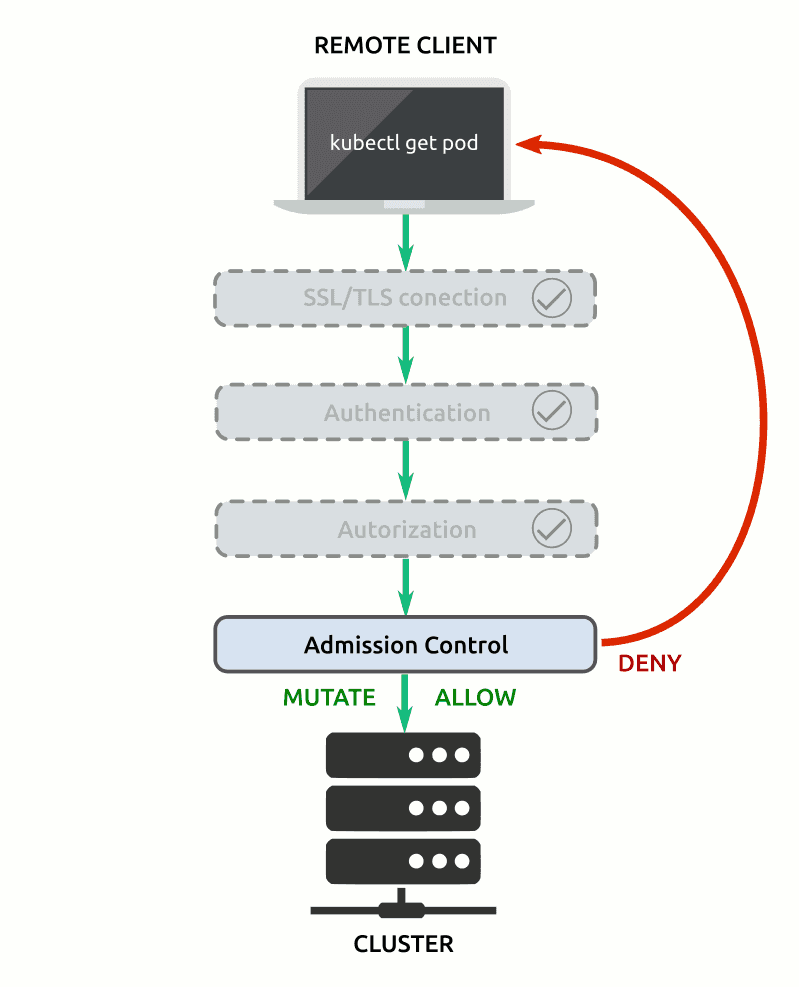Managing Kubernetes configuration can be complex. Policies provide a way to define standards and best practices and ensure consistent configuration across multiple clusters. In this article, we will discuss Kyverno – open-source management tools a new policy designed to Kubernetes.
Policy management
Kubernetes provide management interfaces declarative. Users can specify the desired state of the system using API definition, and the Kubernetes controller then works to make the current situation in accordance with the desired state. This approach is used to manage the cluster nodes and services and to manage application workloads. You can know more about Kubernetes policy management through https://kubevious.io/blog/post/securing-kubernetes-using-pod-security-policy-admission-controller/.

A policy is usually a necessary configuration. Kubernetes itself provides some policies such as:
- Network policy: to secure network traffic to and from the pod
- Pod Security Policy: to control access privileges and profiles for pods
- Quotas and Limits Range: to manage the utilization of resources and justice
This policy is the object of the original API that governs the behavior of the cluster Kubernetes. However, there are some situations where a user wants to configure the required settings cluster-wide and even in clusters within a company. This Kubernetes strong construction but has no effect if not configured.
Team Kubernetes platform provides solutions for the company's product development team. To scale Kubernetes use, it is necessary that the central team responsible for ensuring the correct configuration of Kubernetes policy, and validation of other best practice guidelines, this is why policy management is becoming increasingly important for the company Kubernetes.
